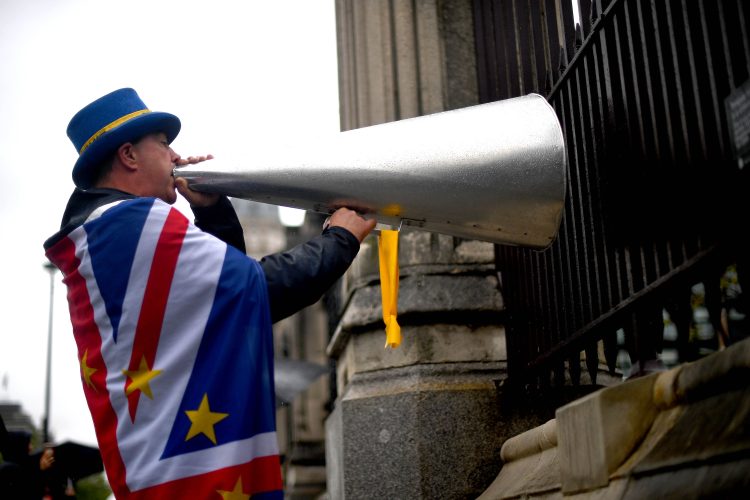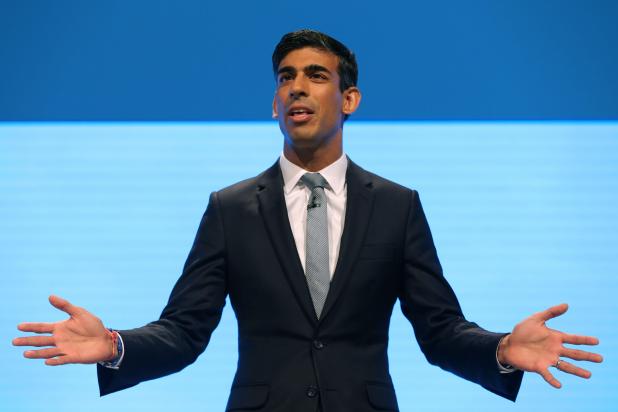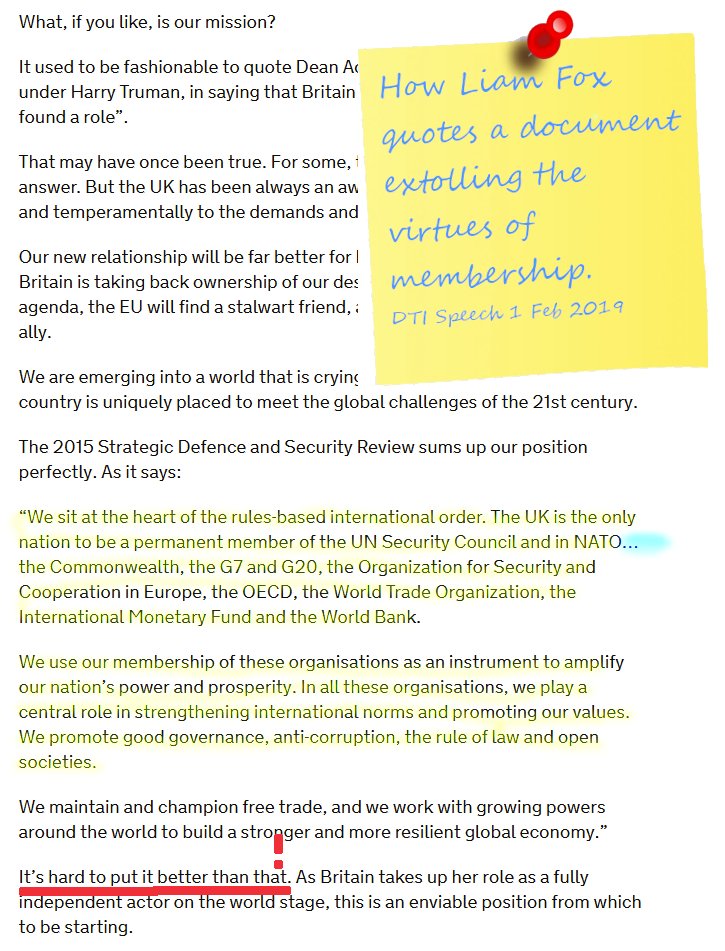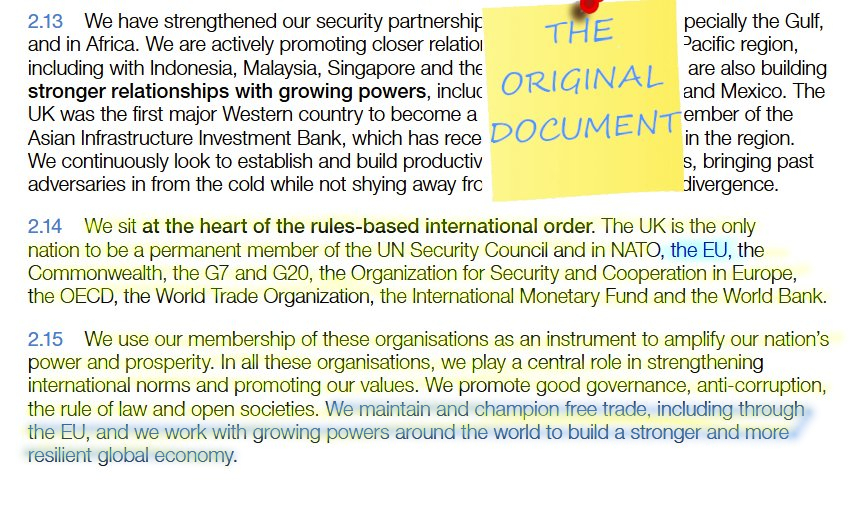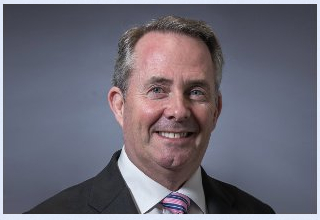Brexit has failed. If you still need convincing of that, this post is not for you. I’m taking it as a given.
If you too take it as a given, where does that leave the case for rejoining?
Surprisingly elusive. Why?
Because our debate has become boxed in, and confined to three dominant positions.

First: the Brexiteer position. They cannot countenance it being undone. They will argue democratic mandate, patriotism, sovereignty, EU malignancy and uplands upon which the sun, if only we wait long enough, or believe hard enough, will eventually shine. If you’re taking the failure of Brexit as read, you won’t be hugely impressed by such arguments.
Second: there is the Political Pragmatist’s position. Broadly where Starmer’s Labour party sits. Here the position is that the politics of rejoin are too dangerous. Who wants to open up that ugly debate again? And apart from being ugly, it is dangerous: the evidence of Brexit’s failure might not be enough to win a rematch, because it was never really about evidence. Such is the thinking, and you can see why politicians who want to debate other issues, and paint a positive picture of the future, feel the need to shy away from reopening festering wounds.
Third: there is the Resigned Remainer’s position. This school of thought extends the political pragmatist’s thinking and adds in: rejoining would be hard. The EU might not want us back. There will be various obstacles arising from our having left which will be hard to unravel. There might be genuine problems with the EU which need addressing. There are certainly issues within the UK which made fertile ground for anti-EU sentiment, and these have not been addressed. The EU might impose unpalatable conditions on a rejoining UK. The EU might insist on evidence that the UK is, on second coming, there to stay, and how would that be demonstrated? More god-forsaken referendums? Accession is never a quick process – it’s a ten year or more deal – and so we might as well accept our lot outside the EU and make the best of it.
Of course there are nuanced views, and there is some travel between the groups. I’d say Tony Blair’s position – ‘we’re out for a generation’ – has one foot in the Pragmatists’ camp, and one in that of the Resigned Remainers.
The problem with all of these camps is they are defeatist. The first because the Brexiteers can’t bear to have been found out, and wish to strangle at birth any attempt at repair. The second because, by design, it locks out debate and leaves its principal proponents, the Labour Party, far behind fast-changing public opinion. The third because, although it welcomes debate, it nevertheless looks out through an Overton Window of despair.
There must be a fourth camp. A camp where energy, urgency and hope thrive. Where we know that our standards are still more or less aligned with those of the EU because until recently we were a leading member of the bloc. An energised effort to maintain that alignment will make returning to the fold smoother and easier; it is not something to let slide for a few years while we wait passively for the stars to fight in their courses. Heaven cannot rescue us; we have to do it for ourselves.
In this fourth camp, of course there is acknowledgment that there’s work to be done in facing squarely the failings of our system. Inside or outside of a trading bloc, we cannot leave millions of our own people behind and call ourselves a decent society. Enough of that crap.
And there is, no doubt, more to be done to make the EU feel like it belongs to its member states rather than sitting on top of them. Energised determination to rejoin the EU does not mean blind belief that the UK or the EU are perfect as they are. On the contrary, it demands the political will to fight on a grand scale for the tough stuff: dramatic redistribution and re-engagement inside the UK, and real leadership and painstaking, unglamorous cooperation on the international stage.
We need to break our discourse out of the Brexit box, and shift it towards this fourth camp. We need our best politicians to step forward, occupy and lead this fourth camp. Drive. Belief. Statesmanship. Britain led in Europe before. Britain can lead in Europe again. Britain, and Europe, have nothing to gain from delay, and everything to gain from haste.

